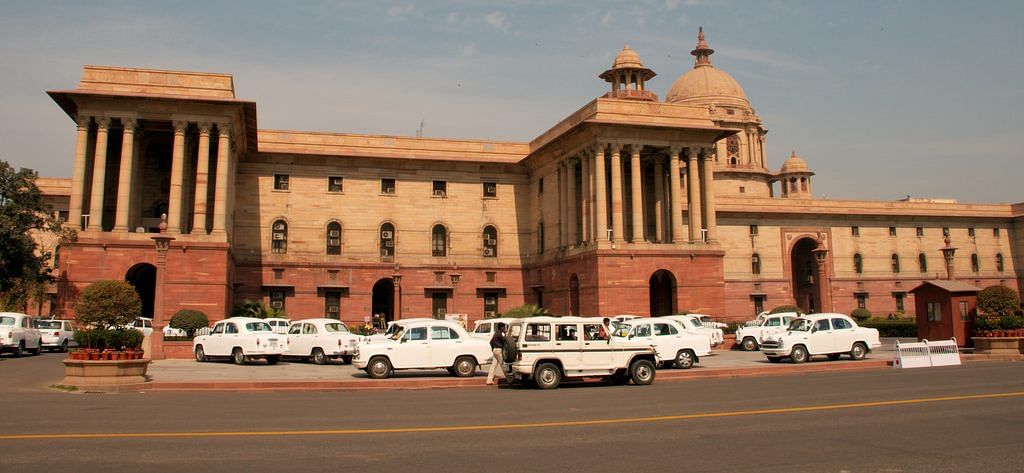We must find an administrative remedy, rather than a judicial one, to address the rising number of wrongful accusations in the bureaucracy.
The Indian government has placed tremendous emphasis on the bureaucracy’s performance, accountability and the capacity of IAS and IPS officers over the last few years. But little attention has been paid to providing an equitable mechanism to safeguard the rights and interests of officials against wrongful conduct of peers, which must not go unpunished.
In the last decade, there has been a rise in the number of bogus complaints filed across the civil services by certain officers against their peers. These complaints are being followed up by another set of officers who either don’t have the necessary competence or will to investigate the charges thoroughly.
I have written a letter to the Department of Administrative Reforms highlighting the issue and requesting them to ensure that performing officers are not harassed to serve the ulterior motives of a few. These false complaints cause work delays and harassment in the bureaucracy.
The due process requires that unbiased departmental investigations be placed in the hands of those who are not only competent but are known for their integrity, fairness, and efficiency. Unfortunately, such an unbiased cadre now needs to be re-built by infusing positive reforms into the system.
When wrongful complaints are made, a number of honest and hardworking officers who have all along devoted themselves to the growth of the nation are harassed with the sole intention of harming their careers. This leads to the danger of ‘decision-making paralysis’.
‘Satya ko sidh karne se pahele asatya siddha karna padta hai”
(Before arriving at the truth, it is necessary to establish untruth)
For an administrative system to support the governance of a large country like ours, we have to lay down new norms to deal with problems that arise due to conflict of interest between different members of the civil services.
It is not just in the bureaucracy. This bane of false charges is dogging other sectors too. Even bankers now want insurance cover for frivolous charges launched by probing agencies for the rise in non-performing assets (NPAs). An ISRO scientist, S. Nambi Narayanan, could soon be granted Rs 25 lakh as compensation for being framed in an espionage case.
Do we allow frivolous complaints to demoralise officers and hamper the decision-making process?
There was an article recently that said that the new APR (Annual Performance Appraisal) report will assess the ability of officers to take a stand, their capability to withstand wrong pressures and speaking out the truth. In this sense, it is important to block officers who have intentionally misled processes by either not showing facts or showing half-truths to harm rightful officers.
Sadly, it causes irreparable damages to the professional reputation of a sincere officer who undergoes mental trauma due to the gaps in the system. To prevent such designs from going unpunished, the need is to bring in legal mechanisms in the administrative system for the community of officers. This is to make them adhere to standards of reasonable behaviour and to respect the rights and interests of the other.
The concept of pecuniary damages for wrongful conduct is a well-established jurisprudence, which is based on the principle of ‘ubi jus ibi remedium‘. It means that for every wrong, the law provides a remedy.
In the specific case of a civil wrong done to the officers, the principle of judicially developed equity warrants that the wrong done to them should be covered by the principles of tort law, if the wrong is not covered under any specific statute.
The concept of civil liability for a civil wrong marks a much-needed paradigm shift from punishment to compensation whereby justice does not get entangled in the rules of evidence and court procedure. Such a shift is most likely to ensure that officials do not indulge in deliberate wrongs, which under the tort will amount to an actionable breach of duty.
For effective administrative reforms, we must find a remedy within the administrative system and not outside in the judicial system. This will definitely bring in the desired change to reduce the practice of false complaints.
Thus, all such cases pending in the CVC office or different ministries need to be identified and heavy compensation be paid from the government exchequer and recovered from officers indulging in such mechanisms.
The author is secretary in the ministry of steel, government of India.
